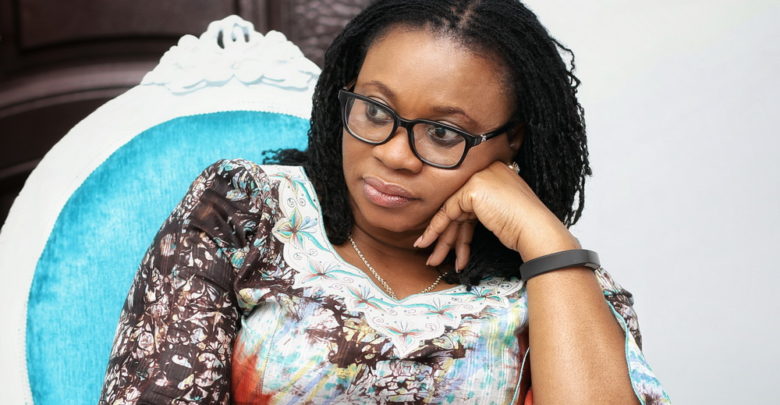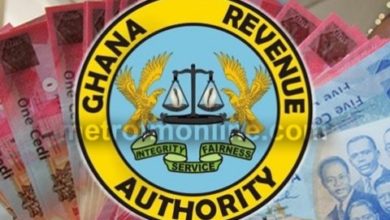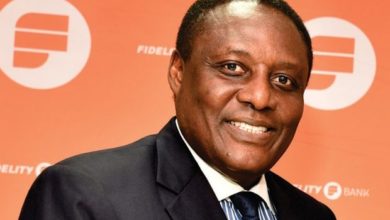Go to court – President Akufo-Addo tells EC Boss

The attempt by the beleaguered Electoral Commission (EC) Chairperson, Charlotte Osei, to throw in a last punch by requesting for copies of the petitions sent to the Office of the President seeking her impeachment from office, has hit a snag.
This is because the presidency has directed her to channel her request to the Chief Justice at the Supreme Court premises for the documents.
Communications Director at the presidency, Eugene Arhin, told the media yesterday, “President Akufo-Addo sent everything to the Chief Justice in pursuant to Article 146(3) of the 1992 Constitution. If she is looking for a copy….I think the best place is the CJ’s office.
“It is a straightforward issue…If she wants a copy she should get it from the Chief Justice (because) all the documents we have, we forwarded them.”
Upon an invitation by the Chief Justice to meet the five-member committee investigating the allegation of corruption and abuse of power against the EC boss and her two deputies, Mrs. Osei wrote formally to President Akufo-Addo, requesting for an official copy of the petitions that are seeking her removal from office.
She also wrote to the Judicial Council acknowledging the invitation to appear before the committee over her possible impeachment proceedings and additionally requested for copies of the petitions, as well as the composition of the committee as constituted by the Chief Justice.
In both letters, Charlotte Osei said she needed the document in order to seek the requisite legal advice on the matter.
“I would respectfully like to make you aware of the following:
(a) I have to this day, not been furnished with a copy of the alleged petition.
(b) I was provided with a statement of the allegations made against me in a letter from Her Ladyship, the Chief Justice in which she also asked me to respond to the allegations,” she had stated.
On Monday, the committee probing the alleged misconduct, being chaired by a Supreme Court judge, had its maiden meeting where both the petitioners and the respondents had a face-to-face encounter for the first time.
The EC workers, who petitioned the president, were represented by two of them and led by their lawyer, Maxwell Opoku-Agyemang, with the rest waiting in the wings for the showdown.
Charlotte was also accompanied by Thaddeus Sory, who is the EC’s solicitor and also acting for the commission’s boss.
Sources said that all along, the EC boss thought that her accusers were some faceless people, but appeared to have been taken aback a bit when she finally met the faces behind the first petition – who are all said to be staff of the commission.
Counter Petitioner
Emmanuel Senyo, a non-EC staff who had filed a counter-petition to the president against the two deputy commissioners, also met both Amadu Sulley and Georgina Opoku-Amankwa at the committee.
DAILY GUIDE understands that Mr. Senyo relates James Kofi Afedo, the communication consultant working with the EC.
Mr Kofi Afedo, a known member of ‘Movement for Mahama,’ partisan group aligned to the NDC, was hired by Charlotte Osei, paying him thousands of dollars.
The second petitioner, Douglas Seidu, was also present.
Committee’s Procedures
The committee reportedly used the maiden meeting to explain the procedures as well as the terms of reference to the petitioners and the respondents, with their lawyers participating actively.
A source said that the committee is most likely to commence its work in January next year, and all members serving on the committee were present.
DAILY GUIDE has learnt that since the problems at the EC escalated, the commission had not been able to meet, with decisions that need attention being singlehandedly addressed by Charlotte Osei.
Article 146
The probe is being undertaken following the activation of Article 146 of the 1992 Constitution after petitions and counter-petitions had been sent to the president against the three top officials of the electoral body.
The probe committee was set up because there are sufficient grounds (prima facie) for impeachment of the officers, whose attitudes are obviously jeopardizing the operations at the EC.
Apart from a Supreme Court judge chairing the committee, two other Court of Appeal judges as well as two other members nominated by the Council of State (female and male), are also members.
Prima Facie Case
The impeachment committee was established because the Chief Justice, in a preliminary investigation, reportedly established a prima facie case against the three EC bosses following separate petitions filed against them.
A source said several infractions in the award of contracts at the EC would feature prominently in the committee’s investigations.
The preliminary investigations into the scandal commenced last August when the Chief Justice wrote officially to the commissioners to file their official responses to the allegation leveled against them in the respective petitions.






20 Comments